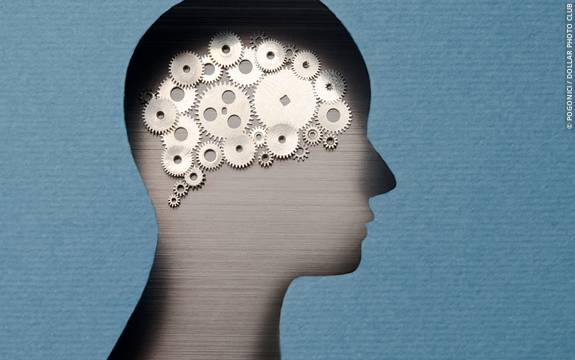How Much Can Humans Remember?
In 1956, Harvard University-based psychologist George A Miller published a paper in journal Psychology Review that would give a fascinating insight into human memory and have implications far beyond the field of psychological research and impact on our everyday lives in way many people don't realize.
published a paper in journal Psychology Review that would give a fascinating insight into human memory and have implications far beyond the field of psychological research and impact on our everyday lives in way many people don't realize.
Memory Theories
Miller was troubled for several years by the invasion of numbers - or specifically, integers - in his life. He set about to research just how much we can remember in our short-term memory.
The widely-accepted multi-store model of memory acknowledges separate stores of information in our memory that take the form of a short and long-term memory. As we remember with ease early childhood experiences, it's clear that the long term memory has a vast capacity that's difficult to measure in terms of capacity (how much can be stored) and duration, as it lasts a lifetime. The short-term memory on the other hand is more limited, and Miller investigated its capacity.
Memory "Chunking"
Miller found that the short-term memory of different people varies, but found a strong case for being able to measure short-term memory in terms of chunks. A chunk can be a digit in part of a telephone phone number (but not a telephone number in a list of telephone numbers), a name or some other single unit of information.
His research lead him to discover a Magic Number - Seven: most of the participants in his experiments were able to remember seven +- two chunks of information in their short term memory.
What are the implications of Miller's Magic Number?
It's widely believed that Miller's research influenced telephone operators. In the 1950s, at a time when telephone use was increasing rapidly, the need for more and more phone numbers was increasing. Now, without Miller, it's arguable that you would you have to memorise your next door neighbor's phone number of about nine digits. Now that Miller's research was published, however, it's thought that telephone companies introduced 3-digit exchanges to keep phone numbers at 6-digits (in the US and much of the UK) and therefore easier and more likely to be remembered and used.
How does memory work?
Introducing the Multi-Store Model >>



























